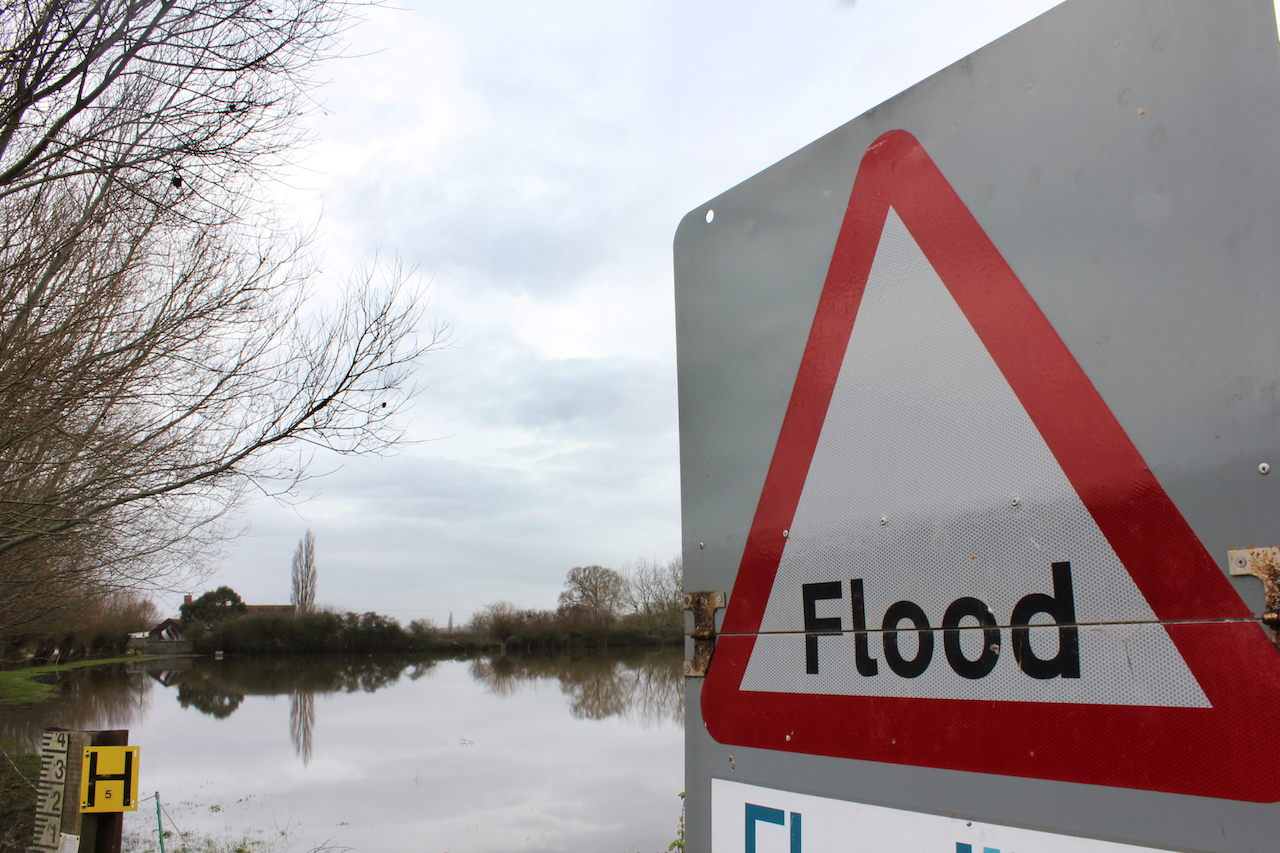No business is safe from the risk of flooding.
Floods are the most common of all natural disasters in the UK, and the government issues alerts and warnings on an almost weekly basis.
You can check if your business is located on a floodplain. But even if it isn’t, there’s still the risk of burst pipes and water mains.
Floods aren’t exactly inevitable, but they’re never impossible. That’s why you should take steps to protect your business from a flood.
Steps To Protect Your Business From Floods
In this post we’ll outline some practical steps you can take today that will help you protect your business from the risks of flooding. You might not be able to prevent floods outright, but you can at least reduce the damage they can cause.
- Sign Up For Flood Warnings
If your business is in an area with a high flood risk, you can sign up to receive government flood warnings. You can get calls, texts or emails any time, day or night, to notify you of any risks in your area. In this way, at least any floods you do experience won’t come as a total surprise.
Of course, government flood warnings won’t help you prepare for burst pipes or water mains, so it pays to familiarise yourself with your immediate surroundings. Are there any premises surrounding your business that might flood? Are there any major water mains in the area?
And what about the plumbing in your premises? When was it last checked, and are there any leaks or drips that could one day become major problems?
- Write a Business Flood Plan
If you arrived at work one morning to find a foot of water on your premises, what would you do and where would you go? All business owners should know how to answer this question.
So take the time to create a written document that includes a list of steps you’ll take in the event of a flood, and the order in which you’ll take them.
This might include procedures for securing the property and minimising the damage the flood could cause. It could also include policies and procedures for keeping staff and other members of the public as safe as possible.
This plan should be accessible for everyone, and you should commit to reviewing it regularly.
For ideas, try looking at some good business flood plan templates.
- Think About Where You Store Your Valuable Business Assets
Sometimes floods can strike without warning. You should consider this when deciding where and how to store your most valuable business assets.
Depending on the assets, consider:
- Creating secure digital back-ups.
- Storing materials in waterproof containers.
- Storing materials on high shelves and on the upper floors of your buildings – this way, even if your building is hit by a flood, the damage will be minimal.
- Reacting to a Flood
If you get a flood warning, you might be able to take steps to secure your business before the water starts to rise.
If you know the flood is coming:
Invest in air bricks, sandbags and flood barriers to protect your business, or to at least significantly reduce the spread of water. You should also turn off your building’s power and water supply.
Sudden and unexpected floods:
If your business is hit by a sudden or unexpected flood, it will be too late to barricade your premises. But you could use a pump to clear some of the water, and open as many windows and doors as you can to allow air to circulate. To keep things secure, you may also have to board up some entrances to your building, if they’ve been damaged by floodwater.
And remember that flood water is almost always contaminated, and there may be invisible depths, currents, or debris. So try to limit your contact with the flood water, and if you do have to wade in, wear rubber gloves and boots.
- Is Your Business Covered For Flood Damage?
If your business is hit by a flood, call your insurer as soon as possible. Then take some photos of the damage. Gathering evidence could help with your claim.
Unfortunately, you may find that your insurance does not cover you for all damages. For example, some insurance policies don’t treat burst pipes as floods. They instead class this as “escape of water”, and your policy might not necessarily cover you for this.
If you’ve already got a buildings insurance policy, or even a dedicated flood insurance policy, don’t assume that it will give you all the cover you need. Read the policy wording to make sure there are no gaps in your cover.
Make Sure Your Business Insurance Policy Meets Your Needs
As trusted and experienced insurance brokers, we can help you get a business insurance policy that truly meets your needs. No matter what your business’s flooding risk is, we’ll help you ensure you get fully comprehensive buildings cover, with no gaps that could give you some unpleasant surprises in the worst case scenario.
We have a team of experts on hand to help who can advise on your insurance needs. They can also help you to understand the risks that you may face as a business. Contact us on 020 8290 9080 or email business@anthonyjones.com.


